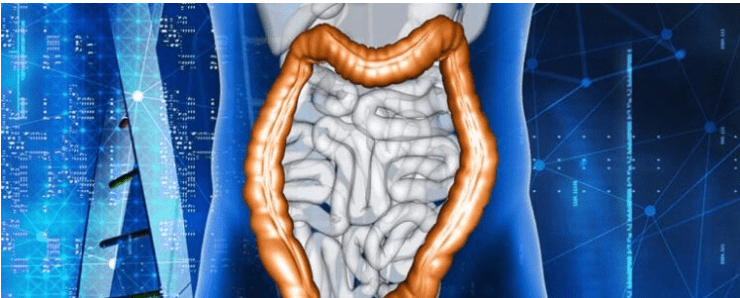A Digestive Defense: Strategies to Avoid Gastrointestinal Diseases
The digestive system is a cornerstone of overall health, playing a crucial role in nutrient absorption and waste elimination. While gastrointestinal diseases can be challenging, adopting proactive measures to maintain digestive health is key. In this article, we explore strategies to avoid gastrointestinal diseases and emphasize the importance of seeking expert care, such as that provided by LGI Hospital, for comprehensive gastroenterology disease treatment.
1. Embrace a Fiber-Rich Diet: Nourishing Your Gut
A diet high in fiber is fundamental to digestive health. Fiber aids in regular bowel movements, prevents constipation and supports a diverse and healthy gut microbiome. Incorporate fruits, vegetables, whole grains, and legumes into your daily meals to ensure an adequate intake of dietary fiber.
2. Stay Hydrated: The Power of Water in Digestion
Adequate hydration is essential for maintaining digestive health. Water helps soften stool, easing the passage through the digestive tract. It also supports the secretion of digestive juices, aiding in the breakdown and absorption of nutrients. Aim to drink plenty of water throughout the day to keep your digestive system well-hydrated.
3. Practice Portion Control: Mindful Eating Matters
Overeating can strain the digestive system and contribute to conditions such as acid reflux and indigestion. Practice portion control by being mindful of your body’s hunger and fullness cues. Eating smaller, more frequent meals can also promote optimal digestion and prevent discomfort.
4. Choose a Balanced Diet: Nutrient-Rich Foods for Gut Health
A well-balanced diet provides essential nutrients that support overall health, including digestive function. Include a variety of nutrient-rich foods in your diet, such as lean proteins, healthy fats, and a diverse range of fruits and vegetables. Limit the intake of processed foods, sugary snacks, and excessive amounts of caffeine and alcohol.
5. Exercise Regularly: Movement for Digestive Wellness
Regular physical activity promotes healthy digestion by enhancing bowel regularity and reducing the risk of conditions like constipation. Aim for at least 30 minutes of moderate-intensity exercise most days of the week. Activities such as walking, jogging, or yoga can contribute to digestive wellness.
6. Manage Stress: Mind-Body Connection in Digestive Health
Stress can have a significant impact on digestive health, contributing to conditions like irritable bowel syndrome (IBS). Incorporate stress-management techniques such as deep breathing, meditation, or yoga into your routine to support a healthy mind-body connection and positively influence digestive function.
7. Practice Good Hygiene: Preventing Infections
Practicing good hygiene, including thorough handwashing and proper food handling, is crucial for preventing gastrointestinal infections. Contaminated food and water can harbor bacteria and viruses that may lead to conditions like gastroenteritis. Take precautions to reduce the risk of infection.
8. Limit NSAID Use: Mindful Medication Choices
Nonsteroidal anti-inflammatory drugs (NSAIDs), such as ibuprofen and aspirin, can contribute to gastrointestinal issues, including ulcers and bleeding. If possible, limit the use of NSAIDs or consult with a healthcare professional about alternative pain management strategies that may be gentler on the digestive system.
Conclusion: LGI Hospital – Your Partner in Digestive Wellness
In the pursuit of avoiding gastrointestinal diseases, it’s crucial to prioritize preventive measures and seek expert care when needed. LGI Hospital stands as a beacon of specialized care, offering comprehensive gastroenterology disease treatment. Whether it’s routine check-ups, diagnostic procedures, or advanced treatments, the expert team at LGI Hospital is dedicated to providing personalized and effective care to ensure optimal digestive wellness. By combining proactive lifestyle choices with expert medical guidance, individuals can navigate the path to digestive health and well-being.



